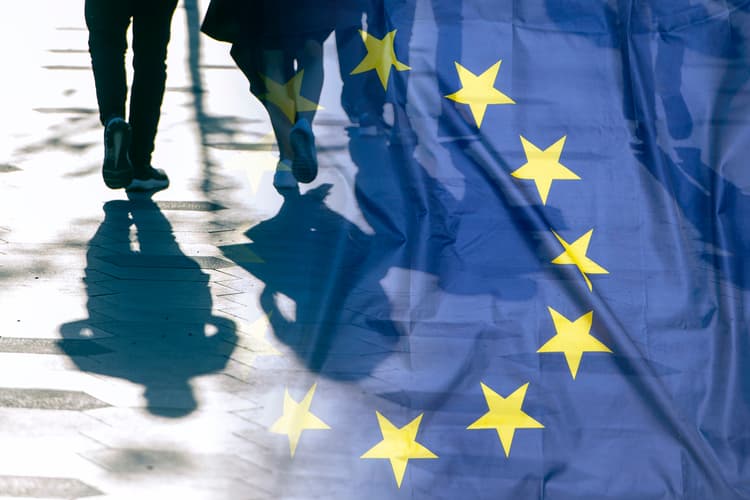- Beginning of March to the end of July
- Beginning of October to the end of February the following year
- The living allowance for the traineeship sessions is about €1.376,89 per month.
What does a trainee's daily work consist of?
- Attending and organising meetings, working groups, and public hearings
- Researching, drafting and editing documentation – including reports and consultations
- Answering citizens’ inquiries
- Supporting the management of projects
- Translating, revising translations or researching terminology
Who can apply
Subject to eligibility criteria, the traineeship is open to all EU citizens, regardless of age. A limited number of places are also allocated to non-EU nationals.
The traineeship programme is open to university graduates who:
- have completed a standard 3-year higher education degree (minimum EQF 6 level), corresponding to a complete Bachelor’s cycle, or equivalent. Only if you have a certificate or official confirmation from your university that you have such a degree will you be eligible to apply.
You will have to provide the following documents:- diplomas or certificates with final grades clearly indicated
- and proof of minimum EQF 6 level. Find out more about EQF levels
- have no prior work experience of any kind, in excess of 6 weeks in any EU institution, body or agency, delegation, with Members of the European Parliament (MEPs), or Advocates General at the Court of Justice of the European Union (EUCJ)
- have a very good knowledge of languages:
- For the administrative traineeship – you must have a very good knowledge of two EU official languages, one of which must be a working language: English, French or German at C1 or C2 level as per the Common European Framework of Reference for Languages and a second one at B2 level at least as per the Common European Framework of Reference for Languages.
For non-EU nationals, only one procedural language is required at C1 or C2 level. - For the translation traineeship in the Directorate-General for Translation (DGT) - you must be able to translate into your main/target language (normally your mother tongue), from two other official EU languages (‘source languages’*).:
- your main/target language must be one of the official EU languages
- your first source language for translation must be a working language of the EU: English, French or German
- your second source language can be any of the official EU languages with at least B2-level proficiency
The official languages of the European Union are Bulgarian, Croatian, Czech, Danish, Dutch, English, Estonian, Finnish, French, German, Greek, Hungarian, Irish, Italian, Latvian, Lithuanian, Maltese, Polish, Portuguese, Romanian, Slovak, Slovenian, Spanish, Swedish.
The working languages of the European Commission are English, French and German.
Trainees' testimonials
